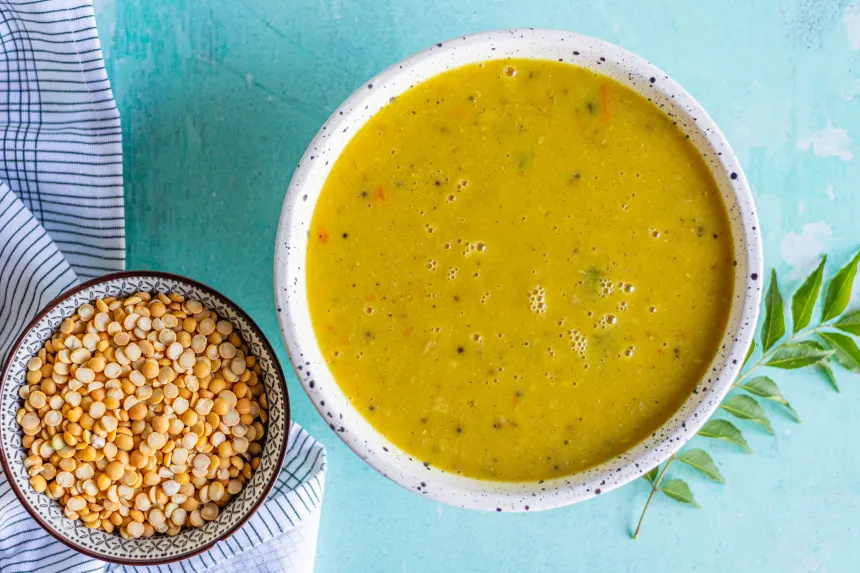
The decision to adopt a specific dietary lifestyle is a personal choice influenced by various factors, including health, ethics, and environmental concerns. Among the most prevalent dietary choices are vegan, vegetarian and meat-eating lifestyles. Each approach has its unique benefits and considerations, making the choice a matter of individual preferences and priorities. In this article, we will explore the advantages and limitations of these three dietary subgroups to help you understand which approach might provide the most benefits for you.
Vegan snacks. Cover photo by Ella Olsson
Vegan Diet
Benefits
Plant-Based Nutrition. Vegans exclusively consume plant-based foods, including fruits, vegetables, grains, nuts, and seeds. This diet is often rich in essential nutrients like fiber, vitamins, and minerals.
Lower Risk of Chronic Diseases. Studies show that a well-balanced vegan diet can be associated with a reduced risk of heart disease, certain cancers, and type 2 diabetes.
Environmentally Friendly. A vegan diet has a lower environmental impact, as it requires fewer resources and generates fewer greenhouse gas emissions compared to animal-based diets.
Considerations
Nutrient Needs. Vegans need to pay careful attention to obtaining essential nutrients like vitamin B12, iron, calcium, and omega-3 fatty acids, which may be less abundant in plant-based sources.
Social and Practical Challenges. Dining out or finding suitable options in certain social settings might be challenging for some vegans.
Vegetarian Diet
Benefits
Diverse Nutrient Intake. Vegetarians typically include plant-based foods, dairy, and eggs in their diet, ensuring a broader range of nutrients in their meals.
Health Benefits. Studies suggest that a well-balanced vegetarian diet may be associated with reduced risk of obesity, hypertension, and certain cancers.
Ethical Considerations. Many vegetarians choose this diet out of ethical concerns for animal welfare.
Considerations
Nutrient Concerns. Like vegans, vegetarians should be mindful of obtaining adequate nutrients such as vitamin B12, iron, and omega-3 fatty acids.
Dairy and Eggs. Some vegetarians consume high amounts of dairy and eggs, which could lead to potential health concerns if not balanced with other food groups.
Meat-Eating Diet
Benefits
Complete Protein Source. Meat is a complete protein source, providing all essential amino acids necessary for the body’s functions.
Nutrient Density. Meat is rich in essential nutrients such as vitamin B12, iron, and zinc, which are essential for optimal health.
Palatability and Culinary Versatility. For some, meat dishes can add diversity and flavor to their meals.
Considerations
Health Risks. High consumption of red and processed meats has been associated with an increased risk of certain chronic diseases, including heart disease and certain cancers.
Environmental Impact. Animal agriculture can have a significant environmental footprint, contributing to greenhouse gas emissions and deforestation.
Conclusion
Each dietary lifestyle – vegan, vegetarian, and meat-eating – offers its own set of benefits and considerations. The choice of which approach provides the most benefits depends on individual health goals, ethical considerations, and environmental concerns.
For those seeking a plant-based diet with potential health benefits and a reduced environmental impact, veganism or vegetarianism might be appealing choices. However, careful attention to meeting nutrient needs is essential for both vegans and vegetarians. On the other hand, individuals who opt for a meat-eating diet should focus on consuming lean and unprocessed meats while balancing their diet with a variety of plant-based foods.
Ultimately, the key to a healthy and sustainable diet lies in making informed choices, incorporating a wide range of nutrient-dense foods, and listening to your body’s unique needs. Consultation with a registered dietitian or healthcare professional can provide personalized guidance to ensure that your chosen dietary lifestyle supports your overall health and well-being.


